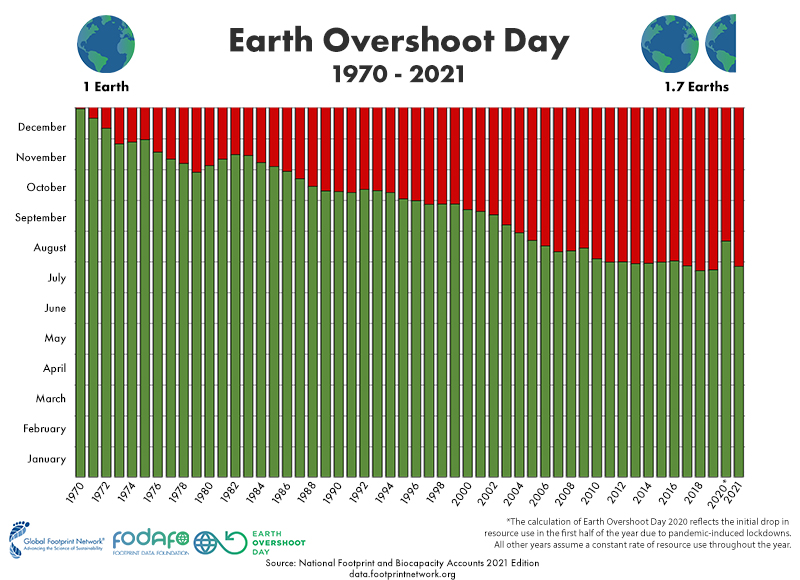As we reach the half way point in the year, I think it’s fair to say that no one expected we’d be where we are… but with the extreme weather events happening across the globe, people that may have previously shyed away from taking action towards reversing climate change are started to take time to research what they can do to make a real and sustainable difference.
This month we’ve been talking a lot about carbon emissions with members, and so have the media…
Asia-Pacific Climate Week (APCW2021)
From 6th to 9th July was Asia-Pacific Climate Week (APCW2021), hosted by Japan. APCW 2021 is accelerating collaboration and integrating climate action into global pandemic recovery. Building back opens an opportunity to address social inequalities and invest in economic development that is good for humanity and nature.
Innovative and emerging sustainable energy technologies were explored at the event. Technology is a crucial element of countries’ national climate action plans. With Asia and the Pacific accounting for more than half of global energy consumption, the focus was on seizing transformation opportunities in sustainable energy, including green hydrogen, as well as harnessing the potential of oceans.
Amazon rainforest now emitting more CO2 than it absorbs
The Amazon rainforest is now emitting more of carbon dioxide than it can absorb. The rainforest used to be a carbon sink absorbing the emissions but due to forest fires (mostly deliberate to clear land for beef and soy production), the Amazon has now become a source of CO2 emissions, amounting to a billion tonnes a year, according to a study. The giant forest had previously been a carbon sink, absorbing the emissions driving the climate crisis, but is now causing its acceleration, researchers said. A global agreements need to be put in place to save the Amazon.
One giant leap for pollution
Last week Virgin Galactic took Richard Branson past the edge of space in the hope to make “space more accessible to all.’ But the launch of the new private sector space industry could come with vast environmental costs. One long-haul plane flight releases 1-3 tonnes of carbon dioxide, compared to one rocket launch that releases 200-300 tonnes. There are currently no regulations around rocket emissions but this is something that the “space tourism industry” are going to have to consider to ensure they are still acting responsibility.

Earth Overshoot Day
Earth Overshoot Day marks the date when humanity’s demand for ecological resources and services in a given year exceeds what Earth can regenerate in that year. In 2021, it fell on 29th July. That’s 23 days earlier than in 2020! But Earth Overshoot Day didn’t always exist, there was a time when a year’s worth of resources lasted the year, and we can get back to that. How? Firstly, by valuing the resources we have. Considering what it really means to drive where you could cycle, buy where you could fix, and waste where you could share. Find out more at overshootday.org


